






5-Star Valuation Services, Loved by Hundreds
Frequently Asked
Questions
No Frequently Asked Questions Found.
A trust is a sophisticated legal arrangement where a designated trustee manages assets on behalf of specified beneficiaries. This mechanism offers remarkable flexibility in asset management and distribution. Unlike traditional inheritance methods, trusts can be strategically crafted during one's lifetime or established posthumously. Their primary advantages include circumventing complex probate processes, implementing nuanced asset distribution strategies, potentially reducing tax liabilities, and creating specialized financial protections for vulnerable beneficiaries.
Wills, in contrast, represent a more straightforward legal declaration of an individual's final wishes regarding asset distribution. While they must navigate the probate court system, wills remain fundamental in outlining explicit instructions about asset allocation, naming guardians for minor children, and designating executors responsible for estate administration.
The intersection of trusts and wills lies in their shared objective: providing clear, legally binding guidance for asset management and transfer. Each document offers unique mechanisms for protecting family interests, managing financial legacies, and ensuring that an individual's intentions are honored with precision and legal validity.
Ultimately, effective estate planning requires thoughtful consideration of personal circumstances, family dynamics, financial complexity, and long-term goals. By understanding the distinctive roles and potential of trusts and wills, individuals can construct comprehensive strategies that provide financial security and peace of mind for themselves and their beneficiaries.
The primary objective of such an appraisal is to ensure accurate asset valuation, which serves multiple critical purposes. Trustees and beneficiaries gain a clear understanding of the true worth of estate assets, which is essential for making informed decisions about distribution, tax planning, and long-term financial strategy.
Typically, these appraisals cover a wide range of assets, including real estate, personal property, business interests, and investment portfolios. Each asset undergoes a meticulous evaluation that considers multiple factors such as market conditions, asset condition, location, and current economic trends.
Qualified appraisers conduct an in-depth analysis that involves extensive research, market comparisons, and detailed documentation. Their comprehensive reports provide a reliable foundation for trustees to manage the estate effectively, minimize potential disputes, and ensure compliance with legal and tax requirements.
By delivering an accurate and unbiased valuation, Trust & Will appraisals help preserve the grantor's intentions, facilitate fair asset distribution, and provide clarity during what can often be a complex and emotional process of estate management.
The process involves a systematic approach that considers multiple critical factors. Appraisers carefully evaluate each piece of equipment, examining its technological specifications, current market conditions, physical condition, and potential functional utility. They analyze the equipment's age, technological relevance, operational status, and overall performance capabilities to generate an accurate valuation.
Key considerations during the appraisal include detailed documentation of the equipment's make, model, serial number, and maintenance history. Appraisers conduct thorough market research to understand current demand, technological trends, and comparable sales in the scientific equipment marketplace. They assess the equipment's condition through rigorous inspection, determining its operational integrity and potential remaining useful life.
Multiple valuation methodologies may be employed, including cost approach, sales comparison, and income-based strategies. These techniques allow for a comprehensive assessment that considers replacement costs, current market values, and potential revenue generation capabilities.
Professional lab equipment appraisals serve critical functions across various sectors, including research institutions, pharmaceutical companies, educational facilities, and biotechnology organizations. They provide essential insights for financial reporting, strategic planning, insurance documentation, and potential transaction considerations.
The true value of a professional appraisal lies not just in generating a number, but in offering a comprehensive understanding of scientific assets that supports informed decision-making and strategic asset management.
Appraisers can now collect detailed information through multiple digital channels, including high-resolution photographs, comprehensive documentation, and interactive video consultations. This approach is particularly advantageous for stationary or complex equipment that may be challenging to relocate or physically inspect.
Advanced digital methods allow professionals to thoroughly examine equipment specifications, condition, age, and market value with remarkable precision. Live video conferencing platforms enable real-time interactions, where appraisers can conduct detailed visual assessments and ask targeted questions about the equipment's history and functionality.
The digital appraisal process offers significant benefits for laboratories, research institutions, and businesses with equipment distributed across multiple locations. By minimizing logistical constraints, these online approaches provide flexibility, reduce assessment time, and maintain the highest standards of professional evaluation.
Qualified appraisers utilize sophisticated techniques to ensure accurate valuations that reflect current market conditions, technological relevance, and specific equipment characteristics. Their expertise guarantees a comprehensive and reliable assessment that meets professional industry standards.
General lab equipment appraisers maintain broad competencies, capable of evaluating diverse instruments ranging from basic microscopes to sophisticated analytical equipment. Their comprehensive understanding allows them to provide holistic assessments that consider technological complexity, market demand, and current operational condition.
Specialized appraisers delve into specific scientific domains, developing nuanced expertise in particular equipment categories. Medical diagnostics, biotechnology, pharmaceutical research, and industrial quality control represent key areas where these professionals demonstrate exceptional technical acumen. Their targeted knowledge enables precise valuations that account for intricate technological specifications and industry-specific performance standards.
Industrial and regulatory-focused appraisers bring additional layers of complexity to equipment assessment. They integrate deep understanding of compliance requirements, safety standards, and operational protocols into their valuation methodologies. For organizations operating in highly regulated environments, these professionals provide critical insights that extend beyond monetary value.
Forensic equipment appraisers occupy a unique niche, understanding the specialized requirements of investigative laboratories. Their assessments consider not just monetary value, but also critical factors like evidentiary integrity, precision instrumentation, and specialized technological capabilities.
Each appraiser type contributes distinctive perspectives, ensuring comprehensive and accurate equipment valuations that support strategic decision-making across scientific and industrial sectors.
Financial clarity stands as a primary benefit of professional equipment assessment. Precise valuations enable accurate financial reporting, support tax compliance, and provide critical documentation for insurance purposes. Organizations can optimize their asset management strategies by understanding the true market value and depreciation trajectory of their scientific instrumentation.
Equipment appraisals become particularly crucial during significant business transitions such as mergers, acquisitions, or strategic equipment sales. They offer an objective, professionally validated perspective on asset worth, facilitating transparent negotiations and informed decision-making. For research institutions and corporate laboratories, this means maintaining financial integrity while supporting strategic planning.
Insurance and risk management represent another vital consideration. Accurate equipment valuations ensure appropriate coverage levels, protecting organizations from potential underinsurance or unnecessary premium expenditures. In scenarios of loss or damage, a credible appraisal expedites claims processes and supports fair compensation.
Legal scenarios also benefit significantly from professional equipment assessments. Whether addressing estate planning, partnership dissolutions, or asset divisions, a meticulously documented appraisal provides an impartial benchmark for determining equipment value.
Beyond immediate financial implications, equipment appraisals offer strategic insights into technological infrastructure. They help organizations understand depreciation patterns, plan capital expenditures, and make informed decisions about equipment upgrades or replacements.
Ultimately, a comprehensive lab equipment appraisal transcends simple monetary evaluation. It represents a strategic tool that empowers organizations to make data-driven decisions, maintain financial transparency, and optimize their technological investments.
Understanding Lab Equipment Appraisals
Lab equipment appraisals are essential evaluations that determine the current market value of laboratory instruments and tools. These appraisals are often required for various purposes, such as estate planning, financial reporting, and ensuring compliance with charitable donations. Understanding the intricacies involved in appraising laboratory equipment is crucial, as it not only affects the financial interests of stakeholders but also influences decisions regarding asset management and investment strategies.
The appraisal process generally involves a thorough assessment of the equipment's condition, historical value, and market demand. Appraisers consider various factors, including the age of the equipment, brand reputation, and any advancements in technology that may affect its value. Properly executed appraisals can provide peace of mind for individuals looking to allocate resources wisely within a trust or will, ensuring that assets are accurately represented and that beneficiaries understand the true value of the lab equipment being inherited.
Importance of Appraisals in Trust and Estate Planning
Appraisals play a critical role in trust and estate planning, particularly when it comes to lab equipment. Accurately determining the market value of these assets is essential for a fair distribution among heirs and for tax purposes. An appraisal provides a comprehensive analysis of the equipment's current worth, taking into account factors such as condition, age, and market demand, ensuring that all parties involved have a clear and objective understanding of asset values.
Moreover, lab equipment appraisal can help in minimizing disputes among beneficiaries. When clear valuations are provided, it reduces the potential for misunderstandings and disagreements regarding the division of assets. This transparency fosters a smoother administration of the estate, allowing for a more amicable resolution and maintaining family relationships during what may already be a challenging time.
Additionally, appraisals assist in compliance with legal requirements, particularly related to estate taxes and trust reporting. Accurate valuations are often necessary to satisfy the IRS and other regulatory agencies, thus avoiding potential penalties or audits. By investing in professional appraisals, trustees and estate planners can ensure that they are abiding by all legal obligations while also safeguarding the interests of the beneficiaries.
Types of Lab Equipment Commonly Appraised
Lab equipment encompasses a wide range of specialized tools and instruments used in various scientific, medical, and educational settings. Common types include analytical balances, centrifuges, and microscopes, each serving a unique purpose in research and testing. These items often require precise calibration and expertise to ensure accuracy in results, making them essential for laboratories striving for optimal performance. Other common assets might include spectrophotometers, fume hoods, and incubators, all of which have specific applications in fields like chemistry, biology, and pharmaceuticals.
Appraising lab equipment involves assessing not only the type and condition of the items but also their market demand and operational relevance. Factors influencing the value include the year of manufacture, brand reputation, and any technological advancements that might render older models obsolete. Additionally, specialized equipment used in niche areas may have limited buyers, impacting their market value. Understanding these nuances helps to create a comprehensive appraisal that reflects both the current worth and potential future market trends.
Factors Influencing Lab Equipment Value
Several factors significantly influence the value of lab equipment when it comes to appraisals for trust and will purposes. One of the primary considerations is the age and condition of the equipment, as newer models often carry greater value due to improved technology and features. Additionally, the manufacturer and model can also play a critical role; well-known brands typically have a higher resale value due to their reliability and demand in the market. Equipment that has been maintained and calibrated regularly tends to appraise higher than similar items that have been neglected or show signs of wear and tear.
Another essential factor is the equipment's suitability and demand within the specific scientific or medical community. If particular instruments are in high demand for emerging technologies or specialized applications, they may fetch a premium price. Also, the original purchase price and any relevant certifications can impact the valuation; items with verifiable provenance, such as maintenance logs or original purchase invoices, often hold more credit with potential buyers. Understanding these influences can provide a clearer perspective on the valuation process for lab equipment during estate planning or trust management.
The Appraisal Process: What to Expect
The appraisal process for lab equipment intended for trust and will purposes typically begins with a comprehensive assessment of the items in question. Qualified appraisers will inspect the equipment closely, evaluating its condition, specifications, and market demand. This appraisal not only considers the equipment's physical state but also delves into its operational relevance within the context of ongoing advancements in laboratory technology. Such a detailed examination ensures that the appraised value accurately reflects both current trends and future utility, crucial for estate planning and division among beneficiaries.
Once the assessment is complete, the appraiser prepares a formal report that outlines their findings, valuations, and methodologies used. This report serves several important functions; it provides legal documentation for the value of assets, assists executors in making informed decisions, and helps beneficiaries understand the worth of the equipment they may inherit. Furthermore, by adhering to established industry standards and ethics, appraisers ensure that the appraisal holds up under scrutiny, providing peace of mind for all parties involved. Overall, a professional appraisal not only clarifies the value of lab equipment but also facilitates an equitable distribution in accordance with the decedent's wishes.
Qualified Appraisers: How to Choose the Right One
When it comes to choosing a qualified appraiser for lab equipment, it’s essential to consider their experience and expertise in the specific field of lab instrumentation. Look for professionals who not only have strong appraisal credentials but also a background in laboratory operations or equipment management. This specialized knowledge ensures that the appraiser understands the nuances and operational value of various lab devices, giving you a more accurate and reliable appraisal.
Additionally, verify that the appraiser adheres to the standards set forth by recognized appraisal organizations. Membership in these organizations often reflects a commitment to ethical practices and ongoing education in the appraisal field. It’s beneficial to ask for references or case studies related to previous lab equipment appraisals to gauge their familiarity with assets similar to yours.
Finally, consider the appraisal methodology utilized by the appraiser. A well-structured approach encompasses both market research and the analysis of condition, age, and functionality of the equipment. A qualified appraiser will produce a comprehensive report that not only establishes fair market value but also provides insights that are crucial for trusts and wills, enabling you to make informed decisions about asset distribution.
Common Mistakes to Avoid in Lab Equipment Appraisals
One of the most prevalent mistakes in lab equipment appraisals is underestimating the significance of detailed documentation. Many appraisers may overlook the importance of providing a comprehensive inventory list, including serial numbers, model details, and specific conditions of the equipment. This information is crucial as it directly affects the value assessment and ensures that appraisals are accurate and reflective of the equipment's current market conditions.
Another common error is failing to stay updated on current market trends and equipment valuations. Lab equipment can fluctuate significantly in value based on technological advancements, changes in demand, and supply chain conditions. Ignoring these factors can lead to outdated appraisals that do not represent the true worth of the equipment, potentially resulting in financial losses or misallocation of assets when preparing trust and wills.
The Role of Appraisals in Legal Disputes
In legal disputes, appraisals play a crucial role in establishing the value of lab equipment, especially when determining equitable distribution during estate settlements or divorce proceedings. Accurate appraisals provide an unbiased assessment of the current market value of assets, which is essential in court proceedings. The credibility of these appraisals often hinges on the qualifications of the appraiser and their understanding of the specific equipment involved, ensuring that all relevant factors are considered in the valuation process.
Appraisals can also help resolve disputes related to intellectual property, particularly when the worth of lab equipment is tied to patent valuations or licensing agreements. These situations often require a specialized approach, as the appraiser must consider both tangible and intangible assets that contribute to the equipment's overall value. By providing a detailed analysis, appraisals can serve as a valuable tool for legal teams to support their arguments and protect their clients' interests.
Furthermore, beyond litigation, appraisals can assist in the negotiation process by providing parties with a clear understanding of the value of the lab equipment in question. This clarity can facilitate more productive discussions, minimizing the potential for conflict and leading to fair settlements. Whether for trust and will purposes or other legal matters, having a precise appraisal can create a foundation for informed decision-making, ultimately ensuring that all parties are adequately represented.
Documenting Lab Equipment for Appraisal
When it comes to appraising lab equipment for trust and will purposes, proper documentation is essential. This includes detailed records of the equipment’s make, model, and condition, as well as any relevant purchase history or maintenance records. Accurate documentation helps in establishing a fair market value, which is crucial for both estate planning and potential tax implications.
In addition to physical descriptions, documenting the operational status of the equipment plays a key role in the appraisal process. Equipment that is fully operational can fetch a higher value compared to items that are in need of repair. Furthermore, including images of the equipment can assist appraisers in assessing its condition and contribute to a more accurate valuation.
It's also beneficial to keep an up-to-date inventory list that reflects any changes over time, such as acquired or disposed equipment. This inventory serves not only for the appraisal process but also for overall estate management, ensuring that assets are recognized and accurately valued. By maintaining thorough records, individuals can facilitate a smoother appraisal process, providing clarity and confidence in the valuation of lab equipment within trust and will considerations.
Frequency of Appraisals: How Often Should You Update?
Regular appraisals of lab equipment are essential to accurately reflect its current value, especially in the context of trust and will planning. The dynamic nature of technology and equipment markets means that values can change significantly. An annual or biannual appraisal can help ensure that your estate planning documents align with the true market value of your assets, which can be particularly important for beneficiaries who need to understand the worth of the estate they are inheriting.
Additionally, it's important to consider the condition and usage of lab equipment when determining appraisal frequency. Equipment that undergoes regular use may depreciate more quickly, thus necessitating more frequent assessments. On the other hand, equipment stored and seldom used might retain its value for longer periods, but situations can arise, such as upgrades or changes in regulatory standards, that could affect its worth.
Lastly, significant changes in ownership or business structure, such as the transfer of a lab to new management or a merger, should trigger an appraisal. These situations often require a fresh valuation to ensure compliance with legal and fiscal responsibilities, and to provide equitable divisions of assets. By staying proactive with lab equipment appraisals, individuals can ensure that their estate strategies are effective and reflect the true value of their holdings, ultimately providing clarity and fairness to all parties involved.
Tax Implications of Lab Equipment Appraisals
Understanding the tax implications of lab equipment appraisals is essential for ensuring accurate reporting and compliance with regulatory requirements. When appraising lab equipment, it is important to consider that these assets may significantly affect a trust or will's overall valuation. A thorough appraisal can help clarify the fair market value of the equipment, which plays a pivotal role in estate tax calculations, capital gains tax, and even income tax considerations when the assets are sold or transferred. Inaccurate appraisals can lead to overpayments or underpayments of taxes, leading to potential fines or legal challenges in the future.
Additionally, having an up-to-date appraisal can simplify the process of settling an estate by providing a clear, objective valuation. This is particularly beneficial during disputes among beneficiaries or when navigating complex tax liabilities. The appraisal can also support reporting requirements for estate tax forms, ensuring compliance with IRS regulations. By engaging qualified appraisers familiar with the intricacies of lab equipment, individuals can secure their financial obligations while maximizing the assets’ value within the trust or estate plan.
Conclusion: Ensuring Accurate Valuation for Trust and Will Purposes
Accurate valuation of lab equipment is crucial when it comes to establishing a fair distribution of assets in a trust or will. This valuation process not only determines the current market value of the equipment but also takes into account factors such as depreciation, condition, and any specialized features that may impact its worth. An expert appraisal can provide a clear, unbiased assessment that supports the intentions of the trust or will, ensuring that all parties involved are treated equitably.
When considering lab equipment for trust and will purposes, it is important to engage professionals who understand the distinct nuances of scientific and technical assets. These professionals can offer insights into the specific market trends and demand for various types of equipment, from analytical instruments to lab supplies. This tailored approach to valuation helps prevent potential disputes and misunderstandings regarding asset distribution among beneficiaries.
Furthermore, an accurate appraisal can facilitate smoother transitions in estate planning and inheritance processes. By establishing a clear and defensible valuation, trust and estate executors can avoid unnecessary delays or legal challenges that may arise due to disagreements over asset value. Ultimately, investing in a thorough appraisal ensures that both the trust's intentions and the beneficiaries' needs are respected, making the process of settling an estate more efficient and harmonious.
View all Locations
APPRAISEITNOW APPRAISERS ARE BEST-IN-CLASS & CREDENTIALED BY LEADING APPRAISAL ORGANIZATIONS LIKE THE ISA, ASA, & MORE.






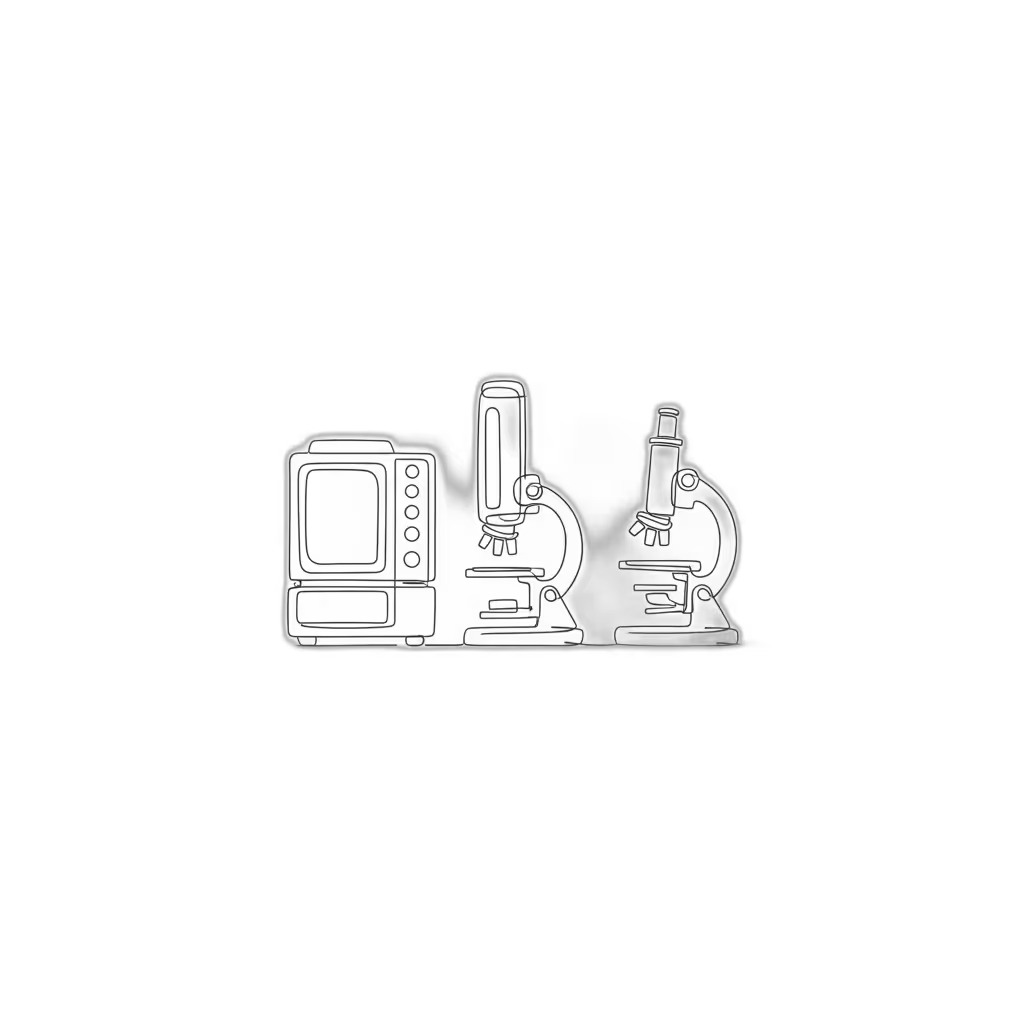

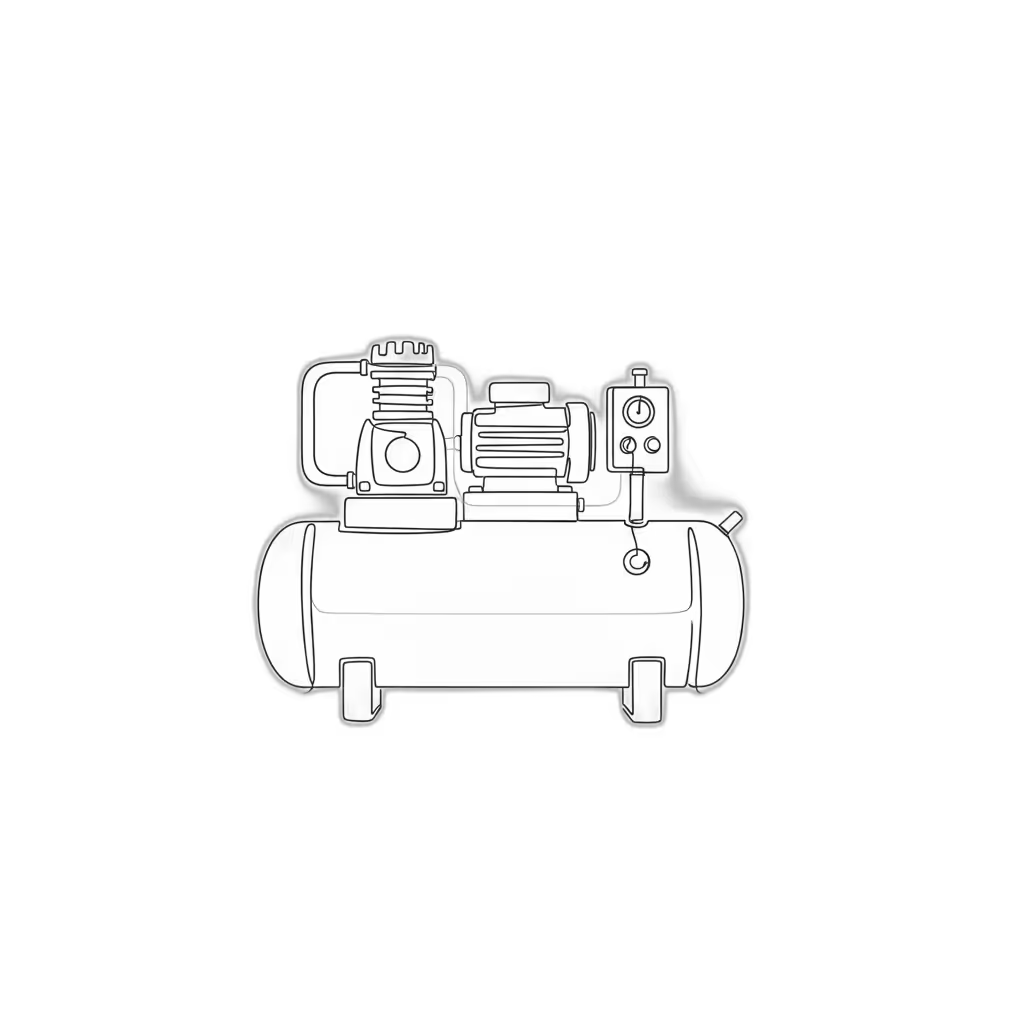
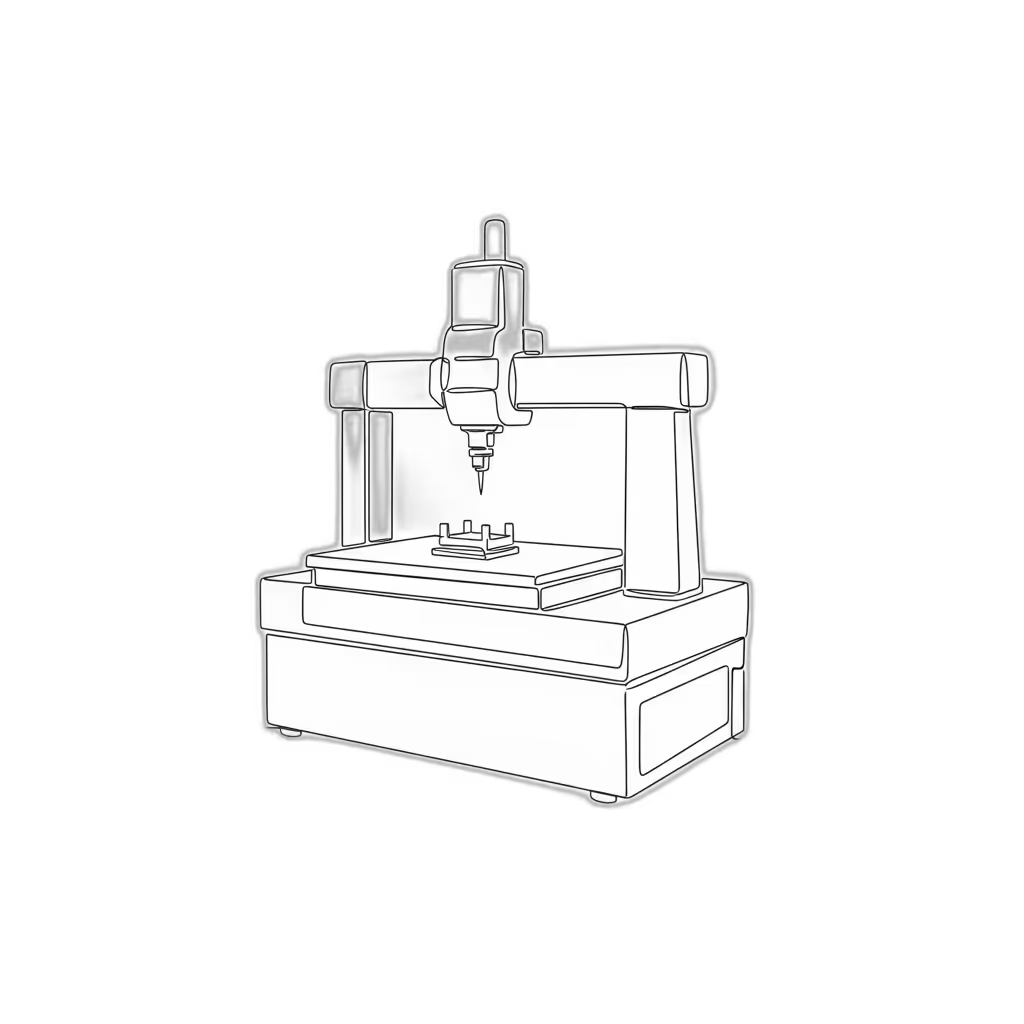
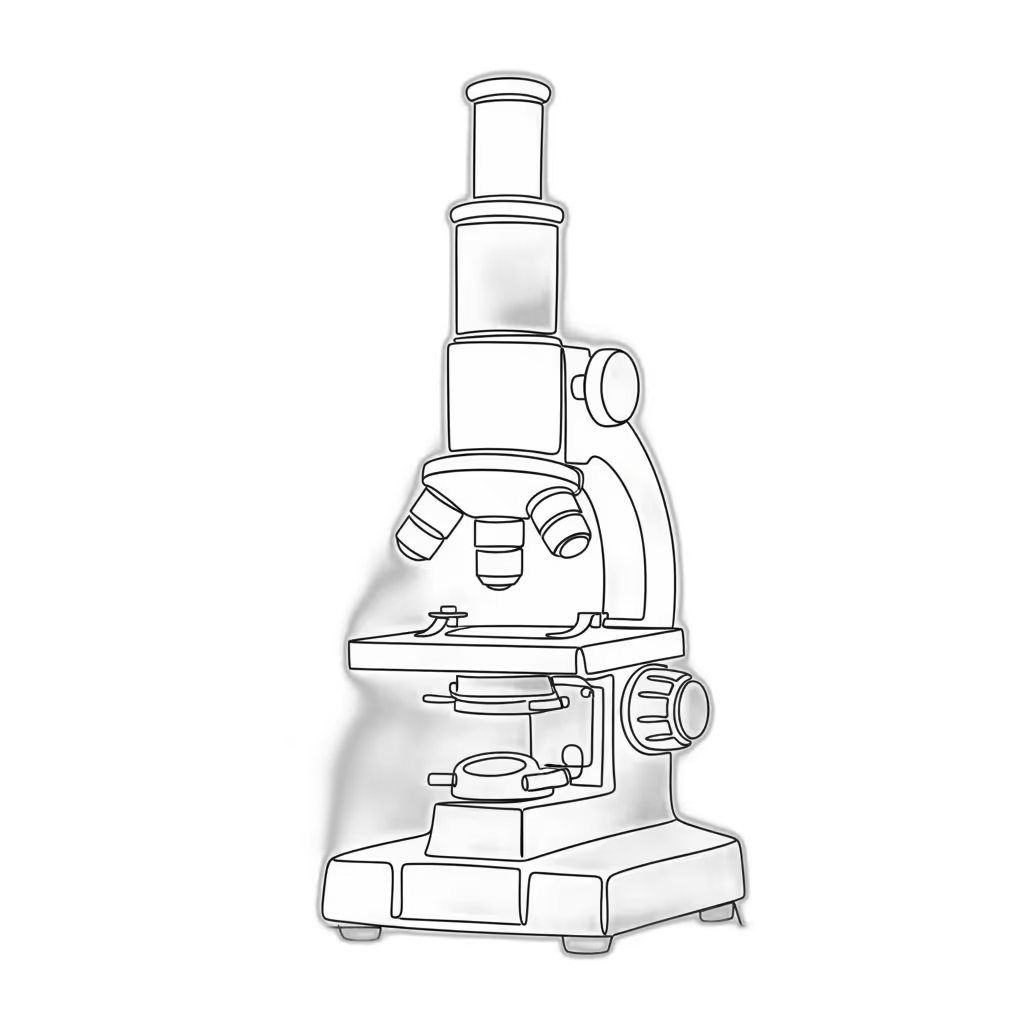
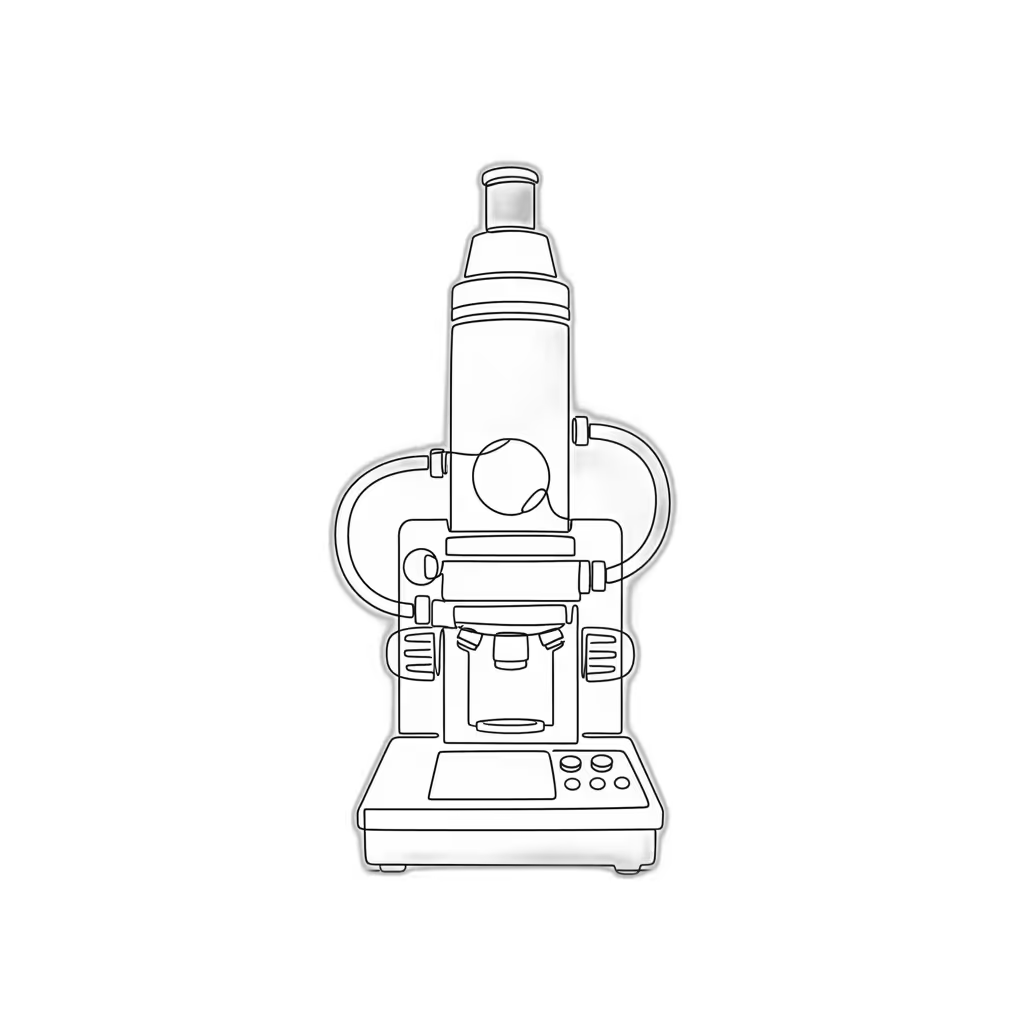
.svg)









